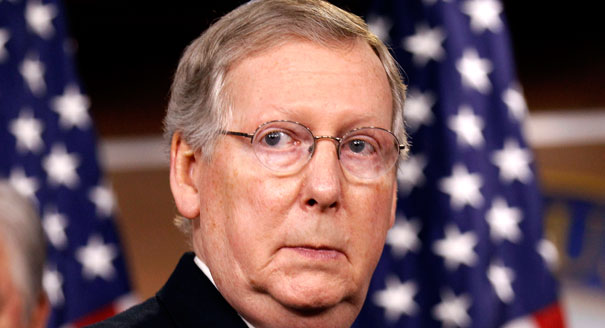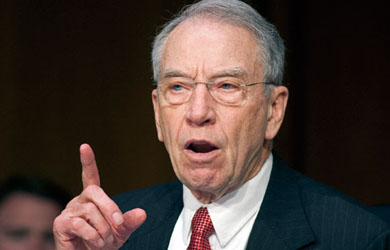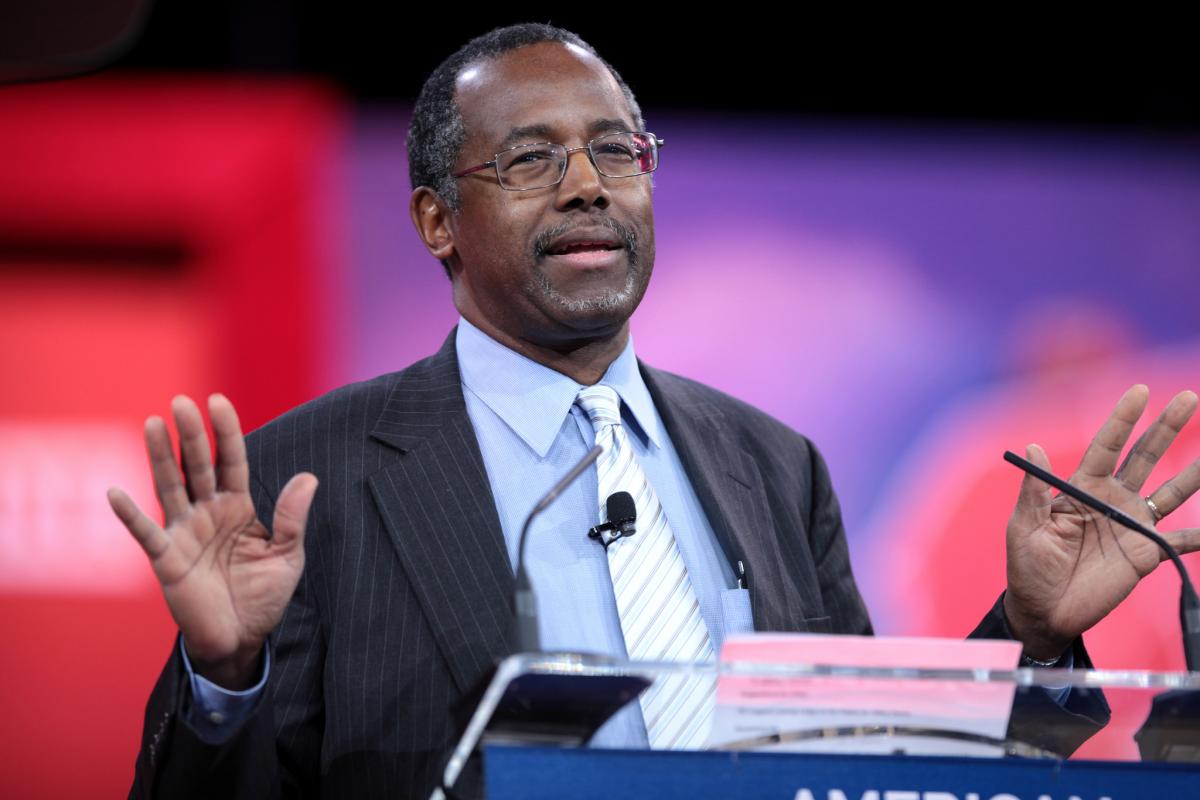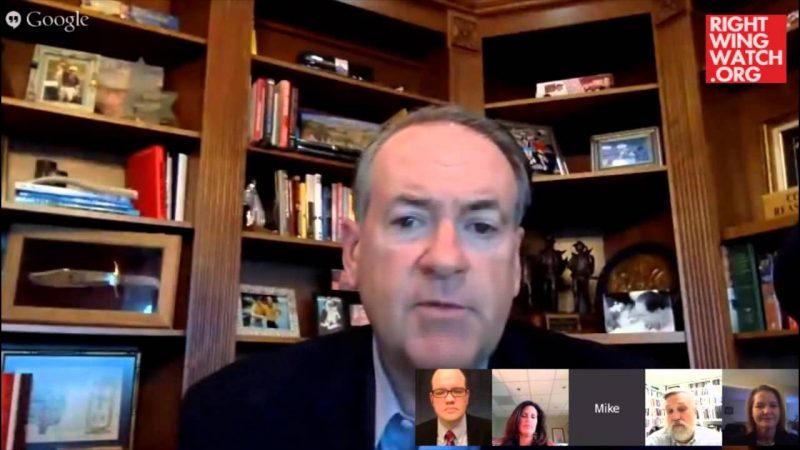You really have to hand it to the Right: when it comes to hypocrisy, they seemingly know no limit.
Take this newest “Washington Update” from the Family Research Council demanding to know whether Sonia Sotomayor gave some sort of assurance to the White House about her views regarding reproductive choice:
In a 2007 debate, Obama said he “would not appoint somebody who doesn’t believe in the right of privacy.” After bobbing and weaving over the past few days, the White House now apparently believes it must make public its confidence that Sotomayor views abortion on demand as settled law. But that is exactly what Roe is not. The sweeping decision unsettled the nation’s conscience in 1973 and caused a firestorm that continues to this very day.
It’s imperative now that Judge Sotomayor address how the White House obtained its assurance about her views … Does Sotomayor pick and choose what she regards as settled, and how and to whom did she give assurances?
If they are trying to gin up some sort of outrage, maybe first they could explain why, back in 2005, even before George Bush had nominated Harriet Miers, Karl Rove and others from the White House were explicitly reaching out to people like James Dobson to assure him that Miers opposed abortion:
Dobson also said he learned that President Bush was looking only for a woman to appoint to the position, which eliminated many of the top names that Washington observers had bandied about in the days leading up to Miers’ nomination.
“But I was not gonna be the one to reveal this. I knew that people would eventually be aware of some of that information, but I didn’t think I had the right to say it. And so, I made my comment,” Dobson said.
“What did Karl Rove say to me that I knew on Monday that I couldn’t reveal,” Dobson explained. “Well, it’s what we all know now, that Harriet Miers is an Evangelical Christian, that she is from a very conservative church, which is almost universally pro-life, that she had taken on the American Bar Association on the issue of abortion and fought for a policy that would not be supportive of abortion, that she had been a member of the Texas Right to Life.”
“In other words, there is a characterization of her that was given to me before the President had actually made this decision,” Dobson concluded.
It didn’t work, ultimately, because the Right eventually forced Miers to withdraw based largely on its concerns about this very issue.
This sort of amnesia seems widespread, judging by this Bobby Eberle piece lamenting the fact that Republicans didn’t put up a big enough fight to get Miguel Estrada confirmed:
If Judge Sotomayor is confirmed, she will be the first Hispanic to sit on the Supreme Court, and Obama, the media, and the left-wing establishment are making sure everyone knows it … All of this talk sends a sad reminder to me of how things could have been had Republicans stood up and fought for Miguel Estrada, one of President Bush’s first judicial nominees. Estrada would have been the first Hispanic to sit on the U.S. Court of Appeals for the District of Columbia Circuit. The nomination was seen as a potential stepping stone for Estrada (not Sotomayor) to be the first Hispanic on the U.S. Supreme Court.
While it is quite possible that Estrada may have eventually ended up on the Supreme Court, this sort of finger-pointing and teeth-gnashing willingly ignores the fact that Bush wanted to name the first Hispanic to the Supreme Court by nominating Alberto Gonzales, but the Right would have none of it and essentially pre-emptively killed his nomination, as we chronicled in this report back in 2005:
Newsweek correctly states that “Gonzales is the only A-list contender who religious conservatives pledge, upfront, to fight.” The article quotes Tom Minnery of Dr. James Dobson’s Focus on the Family saying outright about a potential Gonzales nomination: “We’d oppose him.”
In the same article, Manuel Miranda, head of the recently formed coalition of extreme conservative groups called the “Third Branch Conference” and a former Frist staffer fired for unethically reading internal Democratic judiciary staff communications, warned that a Gonzales nomination could doom the Republican Party in upcoming elections: “If the president is foolish enough to nominate Al Gonzales, what he will find is a divided base that will take it out on candidates in 2006.” Miranda went on to threaten retribution against Florida Governor Jeb Bush, if he decides to run for president. “We’re not Republican patsies,” he said. “Jeb Bush can go sell insurance.”
The New York Times reported similar opposition to Gonzales: “Late last week, a delegation of conservative lawyers led by C. Boyden Gray and former Attorney General Edwin Meese III met with the White House chief of staff, Andrew H. Card Jr., to warn that appointing Mr. Gonzales would splinter conservative support.”
Elsewhere in the article, the Times reported that Paul Weyrich was warning “administration officials that nominating Mr. Gonzales would fracture the president’s conservative backers.” Weyrich also claimed to have held a conversation with Republican Party chairman Ken Mehlman to “let the administration know through whatever channels we have that Gonzales would be an unwise appointment because of the opposition of some of the groups.”
In the same article, Phyllis Schlafly, a longtime radical and extreme right leader, said “Bush was very clear, and certainly his constituents believed him, when he said he would appoint justices like Scalia and Thomas. We are not in favor of Gonzales.” One of the reasons for the intensity of the opposition to Gonzales is that the Right feels that they were betrayed by President Reagan with his nomination of Sandra Day O’Connor who was, according to Schlafly, “a terrible disappointment.”
The National Review made its opposition to a Gonzales nomination clear in an editorial entitled “No to Justice Gonzales”: “[The] president has to know that conservatives, his supporters in good times and bad, would be appalled and demoralized by a Gonzales appointment. It would place his would-be successors in the Senate in a difficult position, forcing them to choose between angering conservatives by voting for Gonzales and saying no to him. If Democrats attack Gonzales… conservatives will not rally to his defense.”
Robert Novak wrote a similar piece called “No, not Gonzales!”: “Gonzales long has been unacceptable to anti-abortion activists because of his record as a Texas Supreme Court justice. Beyond pro-lifers, he is opposed by organized conservative lawyers. Ironically, the same Bush supporters who have been raising money and devising tactics for the mother of all judicial confirmation fights are in a panic that Gonzales will be named. With the president’s popularity falling among his conservative base as well as the general populace, a politically disastrous moment may be at hand.”
Tony Perkins, head of the Family Research Council also voiced his opposition to a Gonzales nomination during a recent appearance on MSNBC’s “Scarborough Country”: “I think what you would hear would be [what] sounds like slashing the tires of the conservative movement, because this has been a moment in time that has been anticipated for over a decade. And if there is someone who . . . appears along the same lines of an O’Connor, an unknown or someone who has a judicial philosophy that is less than a Scalia or Thomas, it`s a problem. There is no question about it.”








